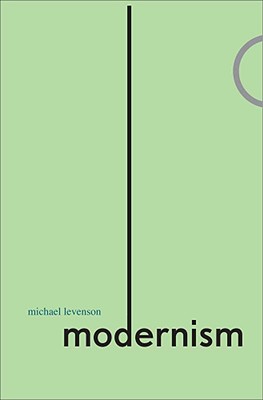In this wide-ranging and original account of Modernism, Michael Levenson draws on more than twenty years of research and a career-long fascination with the movement, its participants, and the period during which it thrived. Seeking a more subtle understanding of the relations between the period's texts and contexts, he provides not only an excellent survey but also a significant reassessment of Modernism itself.
Spanning many decades, illuminating individual achievements and locating them within the intersecting histories of experiment (Symbolism to Surrealism, Naturalism to Expressionism, Futurism to Dadaism), the book places the transformations of culture alongside the agitations of modernity (war, revolution, feminism, psychoanalysis). In this perspective, Modernism must be understood more broadly than simply in terms of its provocative works, experimental forms, and singular careers. Rather, as Levenson demonstrates, Modernism should be viewed as the emergence of an adversary culture of the New that depended on audiences as well as artists, enemies as well as supporters.
Spanning many decades, illuminating individual achievements and locating them within the intersecting histories of experiment (Symbolism to Surrealism, Naturalism to Expressionism, Futurism to Dadaism), the book places the transformations of culture alongside the agitations of modernity (war, revolution, feminism, psychoanalysis). In this perspective, Modernism must be understood more broadly than simply in terms of its provocative works, experimental forms, and singular careers. Rather, as Levenson demonstrates, Modernism should be viewed as the emergence of an adversary culture of the New that depended on audiences as well as artists, enemies as well as supporters.












